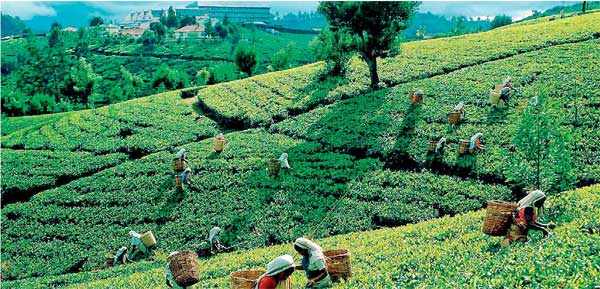Reply To:
Name - Reply Comment
Last Updated : 2024-04-24 15:12:00
 It has been said very recently that the Regional Plantation Companies (RPCs) have renewed t heir call for alternative worker wage model in the face of unsustainable wage increases in the past. They also admit that the future wage increases cannot be stopped.Therefore, let us look at this subject with an open mind and see as to how this works elsewhere. An International Labour Organisation (ILO) study suggests that employee-owned businesses are both successful in business terms and more widely applicable.
It has been said very recently that the Regional Plantation Companies (RPCs) have renewed t heir call for alternative worker wage model in the face of unsustainable wage increases in the past. They also admit that the future wage increases cannot be stopped.Therefore, let us look at this subject with an open mind and see as to how this works elsewhere. An International Labour Organisation (ILO) study suggests that employee-owned businesses are both successful in business terms and more widely applicable.

Add comment
Comments will be edited (grammar, spelling and slang) and authorized at the discretion of Daily Mirror online. The website also has the right not to publish selected comments.
Reply To:
Name - Reply Comment
US authorities are currently reviewing the manifest of every cargo aboard MV
On March 26, a couple arriving from Thailand was arrested with 88 live animal
According to villagers from Naula-Moragolla out of 105 families 80 can afford
Is the situation in Sri Lanka so grim that locals harbour hope that they coul